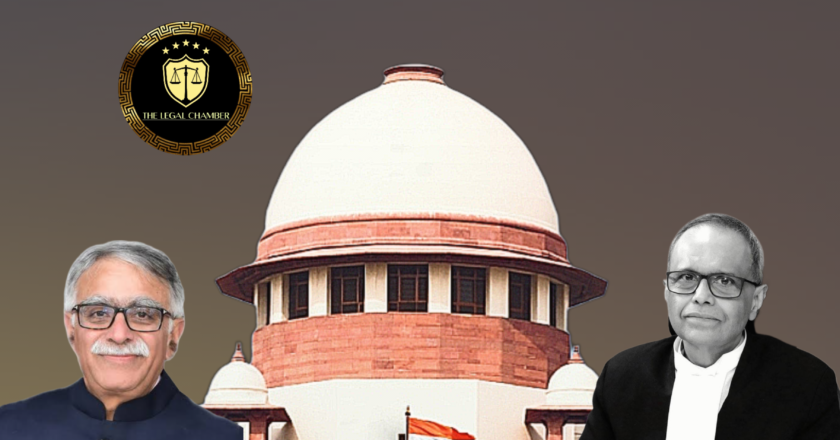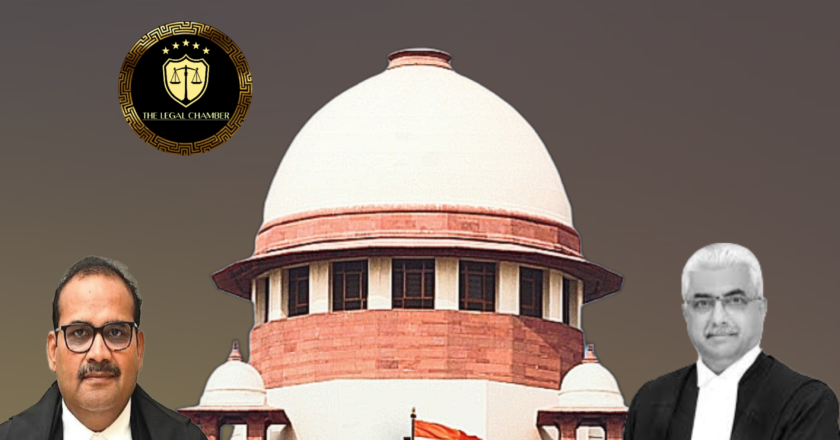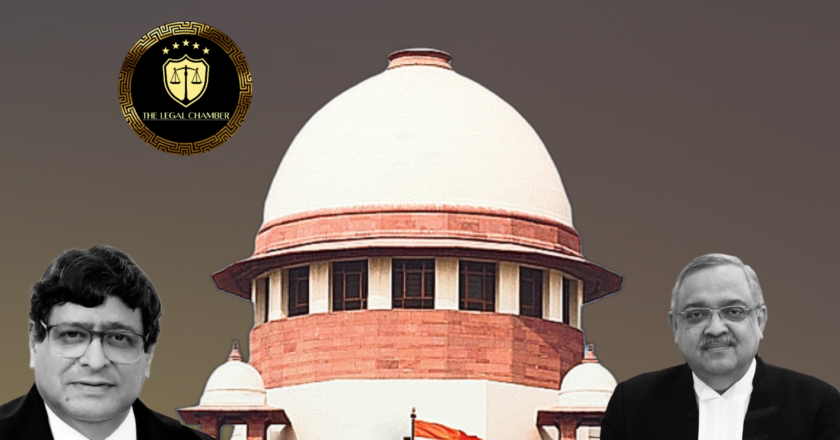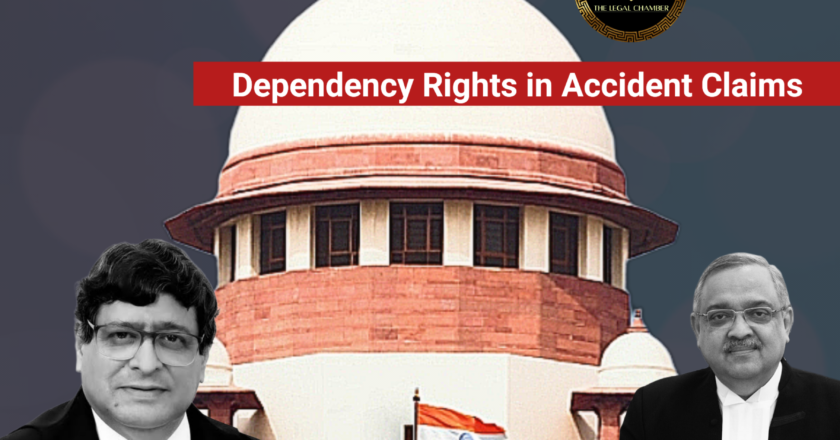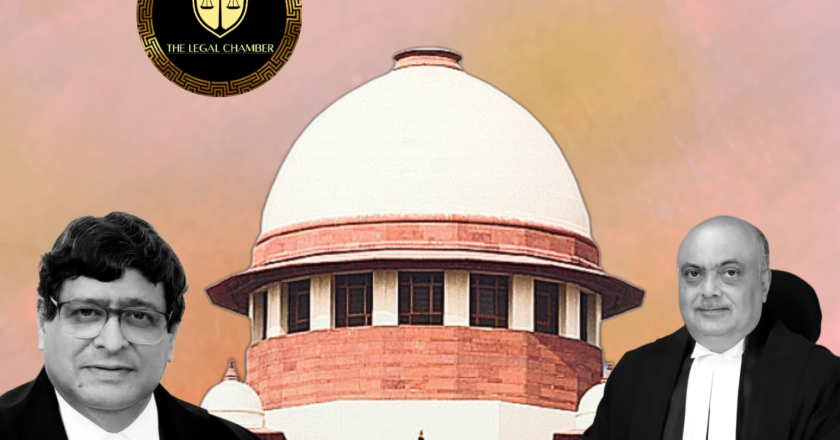Supreme Court Reinstates Separate Compensation for “Loss of Enjoyment of Life” in Motor Accident Cases
The Supreme Court held that compensation for permanent disability is a distinct head from loss of income and cannot be denied merely because the latter is awarded. It further ruled that future medical and attendant charges must account for the victim's full life expectancy, not a restricted period. The Court also reinstated compensation for loss of enjoyment of life and family's pain and suffering, emphasizing these are legitimate and independent heads of claim.
Facts Of The Case:
On July 3, 2011, the appellant, Kavin, a 21-year-old arts student, was travelling as a passenger in an Omni bus from Coimbatore to Chennai. At around 10:15 PM, the bus, driven rashly and negligently by its driver, dashed against a tamarind tree on the left side of the road. The accident resulted in grievous inj...


